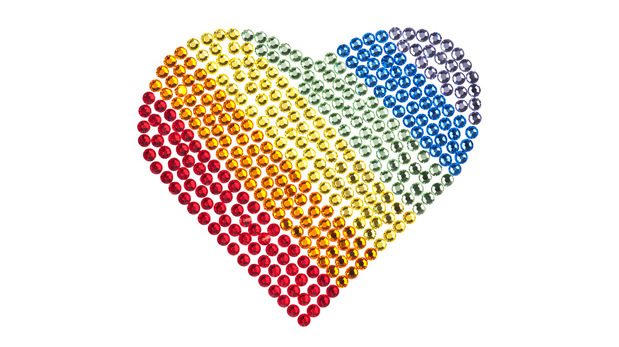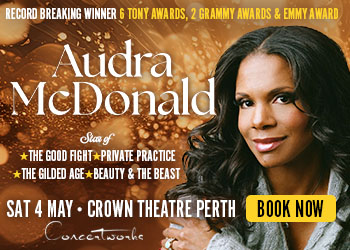
For a long time, I thought self-acceptance of my own bisexuality was enough. No one asked me for a label and I experienced very little overt discrimination. I toyed with the idea of telling my folks early on, but an older lesbian friend of mine advised against it. She knew that coming out to family could be difficult at the best of times, but the limited awareness and stigma associated with bisexuality in the 90s made it even harder.
I took her advice. I was afraid disclosure would splinter my family and I thought coming out was something I could postpone, if not avoid entirely. Being authentic to yourself and society is so much more important than people realise.
A few years later, I became seriously involved with my bestie, a heterosexual cisgender man. Although he had always been supportive and accepting of my sexuality, I fell into the trap of convincing myself that my bisexuality was no longer important because I had “made my choice.” Surrounded by a world of binaries, I told myself that that I could be a straight person who occasionally, secretly, perved on people of the same sex. That trap turned into a volcano of defensiveness, self-doubt and anxiety that eventually erupted Icelandic style.
Since then, I have done a load of work and research in the LGBT space. In this time, I have received enough uncomfortable looks and ignorant comments from other LGBT people when I’m with my partner of a different sex to know that discrimination has many faces.
Yet intra-LGBT discrimination seems unthinkable given the blaring ‘B’ right there in the middle of the acronym. Bisexuals, and those who prefer no label but are not exclusively monosexual, evade binary categorisation. This gives rise to misconceptions about our authenticity as bisexual, which threatens our visibility and excludes us from the community at large. Questions like, “are you just indecisive? Confused? Promiscuous?” work to invalidate our visibility.
These misconceptions come from both mainstream society and the LGBT community, despite evidence suggesting that the population of bisexuals may actually be larger than the lesbian and gay populations combined.
Intra-LGBT discrimination remains a real problem for many bisexual people who seek understanding and community. It’s as though some gay and lesbian people fiercely protect their own acceptance by invalidating others on the outside.
Bisexual people are often excluded from LGBT safe spaces and community events, particularly if their partner is not of the same sex. This climate complicates an already difficult process of coming out for bisexual people and many choose, instead, to remain either mislabelled or in the closet, rather than be judged for clarifying their sexual attractions to others in the LGBT community.
It is easy to find examples of mainstream society policing these binaries. Think non-consensual surgeries for intersex people and trans people jumping through bureaucratic hoops to access appropriate medical services. But binary policing is alive and well within the LGBT community, too.
This policing leads to frightening mental health outcomes for people who are non-binary. Where the LGBT population is significantly more likely to experience mental health issues than the rest of the population, the rate is even higher for bisexual, trans, and intersex people. Dismissal, disbelief and exclusivity are likely factors.
I was 12 years old when I first thought about my sexuality, but it wasn’t until 18 that I even heard of bisexuality – vocabulary that could finally articulate my experience.
I always thought that there were some things about the world that I would never quite understand, but now I realise that I just understand them differently. Gender is not as relevant when it comes to love for bisexual people. We don’t categorise people in the same way monosexual people do. People don’t fit into a ‘sex only’ group and a ‘friends only’ group.
For me, everyone is equally exciting and, as such, everyone fits the criteria for friendly flirtation. Failing to recognise this fundamental difference in the human interactions of bisexual people makes for awkward social situations and uncomfortable misunderstandings. If I had a dollar for every time my friends have gotten the wrong idea or I’ve completely failed to recognise subtle sexual advances.
While living outside the binary remains stigmatised, people who identify this way will continue to beat themselves up and suffer the consequences alone. But why should we change? Because society tells us we don’t fit in? Of course we fit in. Somewhere. Everyone does.
There are so many intertwined facets that contribute to diversity; identity is complex and changes constantly depending on our context. We are complicated and fascinating creatures that can’t be easily categorised, and it’s this uniqueness that makes us awesome.
Misty Farquhar
This story originally featured in Archer Magazine and has been republished with the author’s permission.





